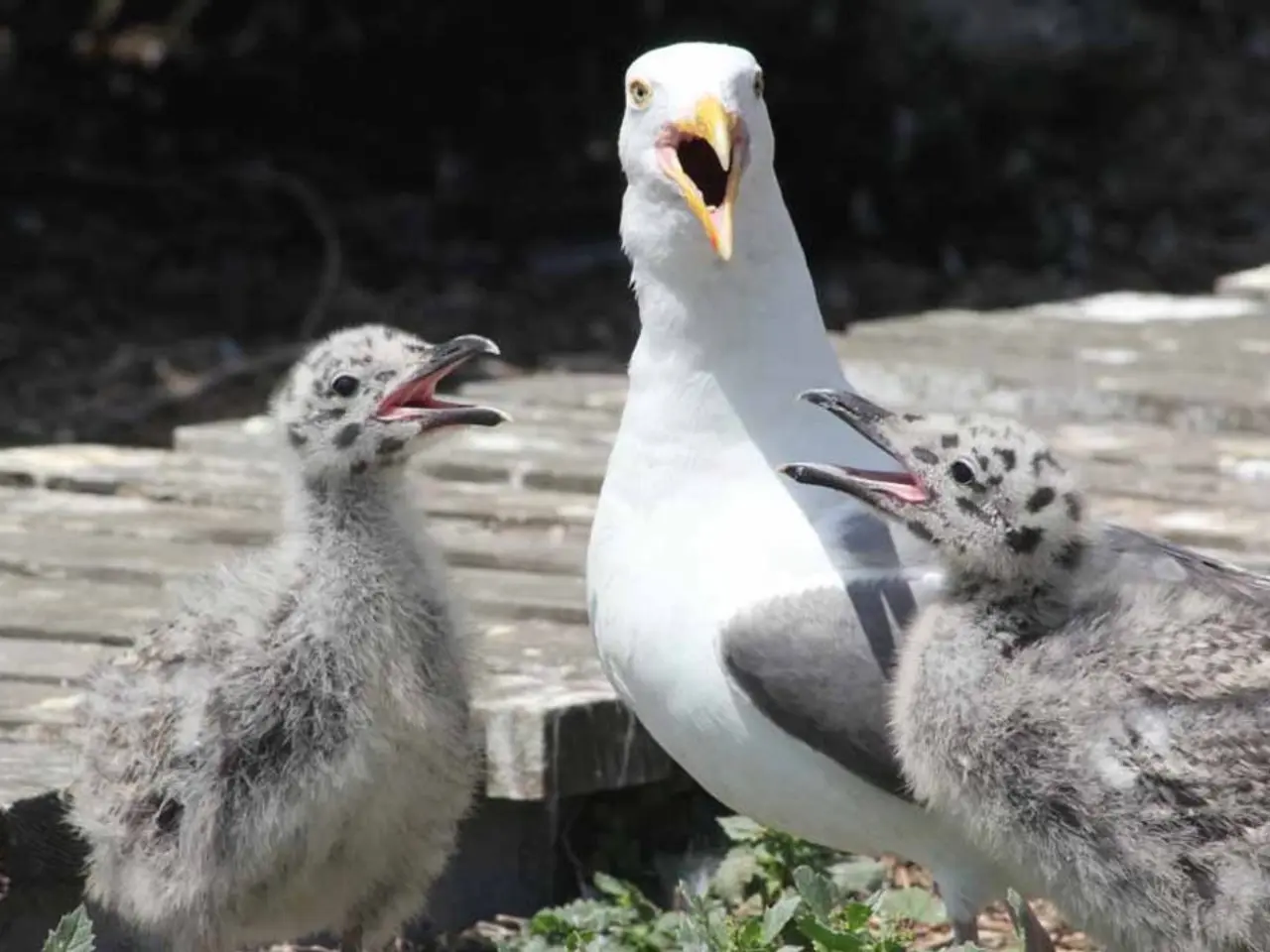Eco-tourism in the Andaman and Nicobar Islands to emphasize birdwatching as its main attraction
In the remote islands of the Andaman and Nicobar archipelago, a rich avifauna thrives, home to over 300 bird species, many of which are rare or endemic. One such bird, the Andaman Wood Pigeon, is one of the endemic species found here, with an estimated population of 2,500-10,000 mature individuals, and is listed as "Near Threatened" by the International Union for Conservation of Nature (IUCN).
On July 27, a special public lecture titled "Birdwatching in the Andaman and Nicobar Islands" was hosted by Arun Singh, President of the Avians Club. The lecture aimed to promote birdwatching as a means of raising awareness and encouraging responsible eco-tourism. Singh emphasized that birdwatching is not only a rewarding experience for nature enthusiasts but also for sustainable tourism. He suggested promoting birdwatching during the monsoon and shoulder seasons to help balance tourist flow, reduce pressure on popular destinations, and provide alternative income streams for local communities through guided tours and eco-friendly homestays.
The Andaman Shama, the Narcondam Hornbill, the Andaman Crake, and the Andaman Serpent Eagle are among the other endemic bird species found in these islands. However, these species, along with others like the Andaman Green Pigeon, are under threat from habitat loss, hunting, and invasive species. The Andaman Wood Pigeon, Nicobar Megapode, and Nicobar Imperial Pigeon are particularly vulnerable.
The exceptional biodiversity of the Andaman and Nicobar Islands is under threat from ongoing and proposed infrastructure projects, such as the transshipment port at Great Nicobar. These projects, with their extensive deforestation and construction of infrastructure, can result in population declines, reduced breeding success, and even local extinctions for various bird species. Conservationists caution that such developments may undermine long-term biodiversity preservation efforts and impact indigenous tribal cultures tied to the land.
Current conservation efforts focus on promoting birdwatching tourism as a tool to raise awareness and encourage responsible eco-tourism. The local administration has partnered with the Avian Club Andaman and Nicobar to organize public lectures, outreach programs, and eco-tourism initiatives that highlight the islands’ rich avifauna. These efforts aim to attract birdwatchers and nature enthusiasts, thereby supporting conservation through increased attention and appreciation of the unique biodiversity.
In summary, the current conservation approach emphasizes eco-tourism-driven awareness and community involvement while contending with habitat threats from large-scale infrastructure development. As the Andaman and Nicobar Islands continue to face significant ecological challenges, the role of eco-tourism in preserving these fragile habitats and the unique birdlife they support becomes increasingly important.
[1] Avian Club Andaman and Nicobar [2] Andaman and Nicobar Islands Administration [3] International Union for Conservation of Nature (IUCN) [4] Save the Andamans
- To further protect the endangered Andaman Wood Pigeon and other notable bird species in the Andaman and Nicobar Islands, collaborative efforts by organizations such as the Avian Club Andaman and Nicobar, the Andaman and Nicobar Islands Administration, and the International Union for Conservation of Nature (IUCN) are essential.
- Encouraging environmental-science academic interest in climate-change impacts on local avian populations and promoting lifestyle choices that minimize harm to the environment can help conserve these fragile ecosystems by organizations like Save the Andamans.
- As travelers increasingly seek unique experiences and eco-friendly vacations, sustainable travel to home-and-garden destinations like the Andaman and Nicobar Islands, which offer rich environmental science research opportunities and birdwatching experiences, could potentially provide financial support for local communities while preserving the region's precious biodiversity.




